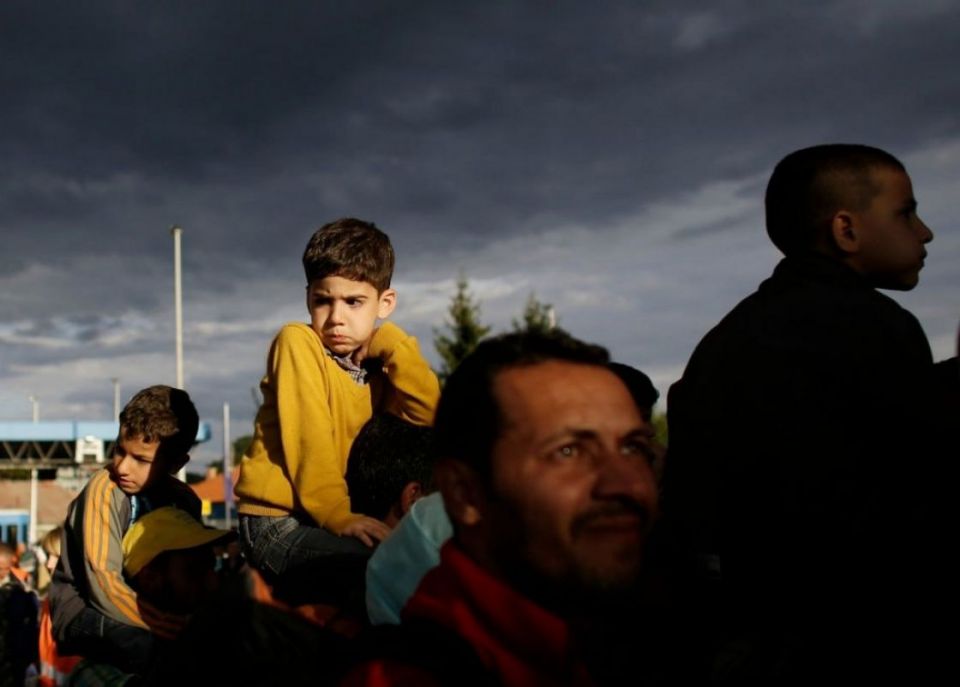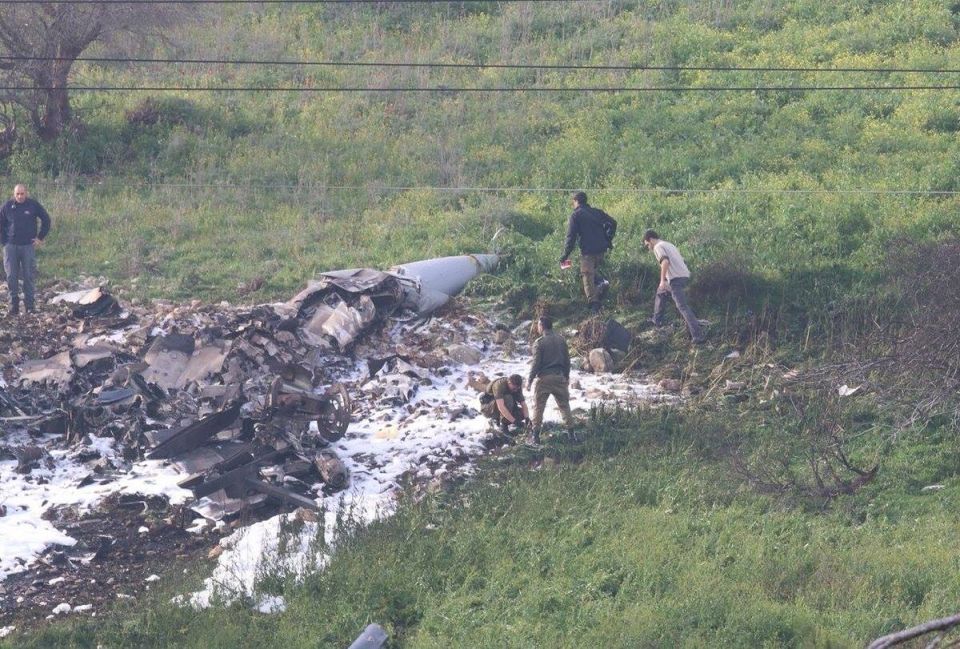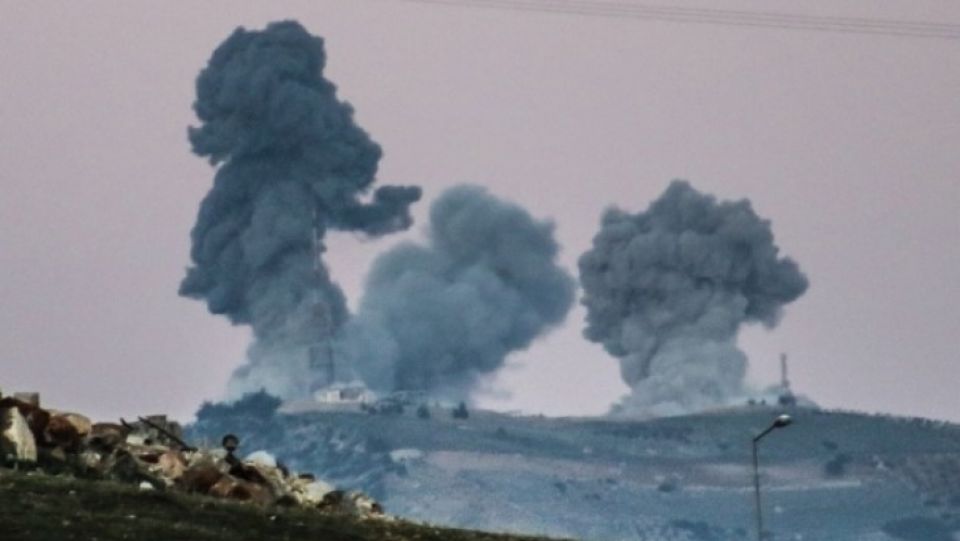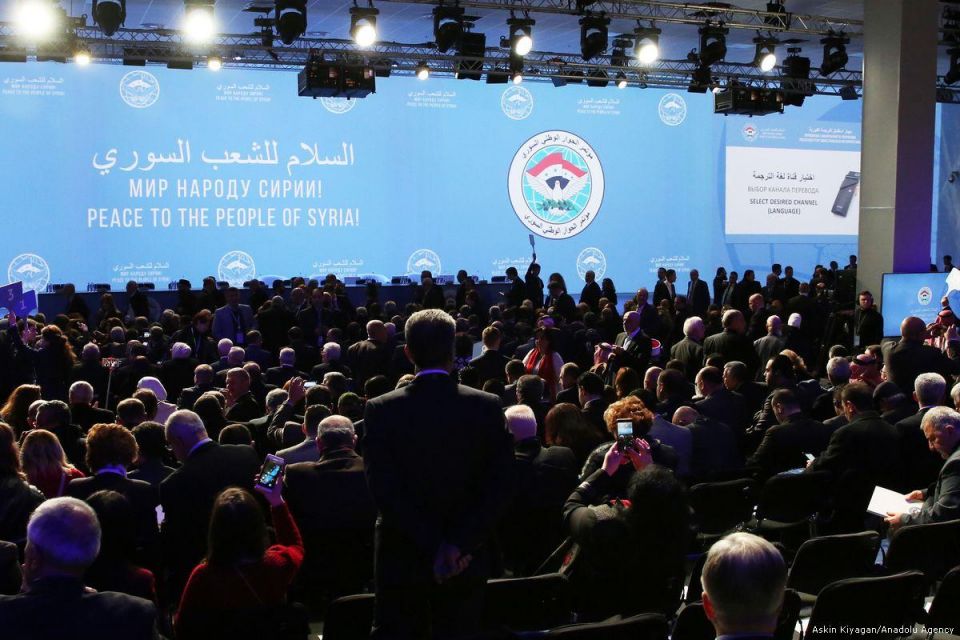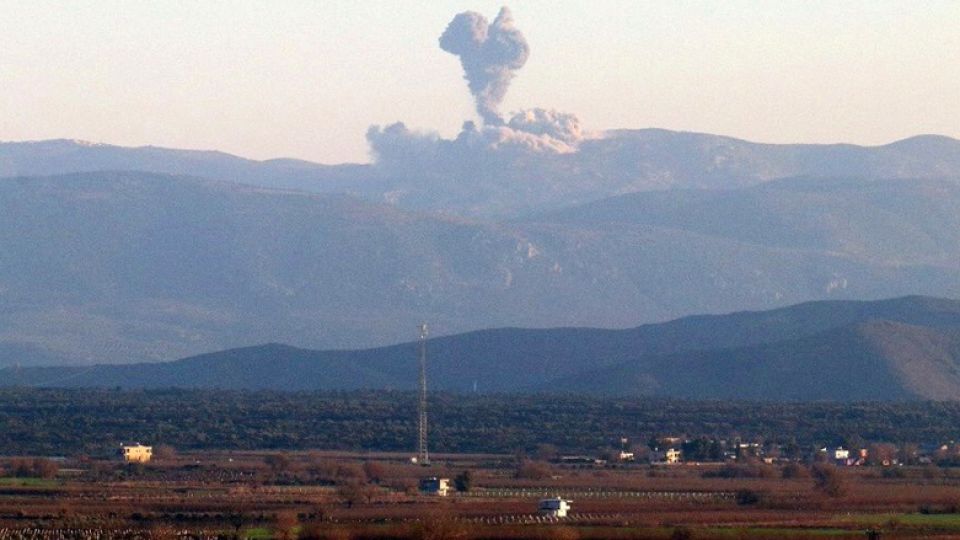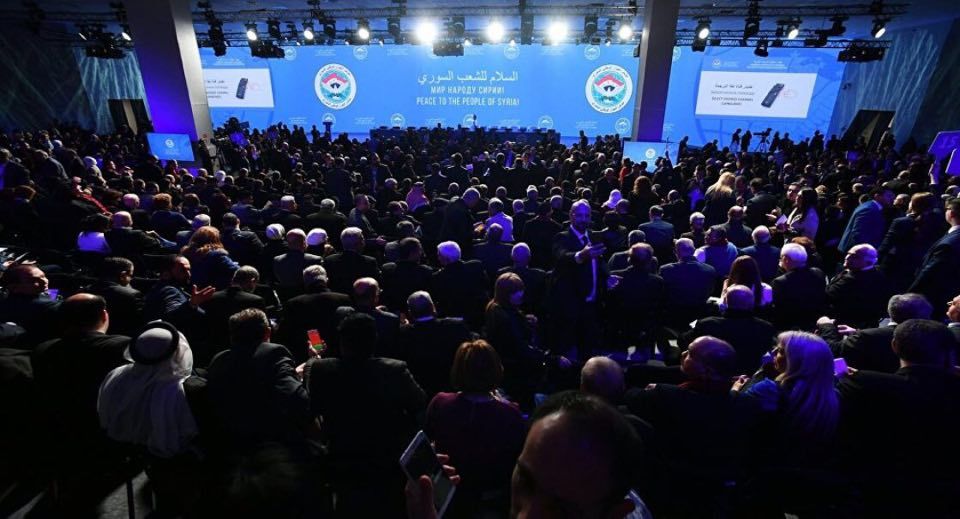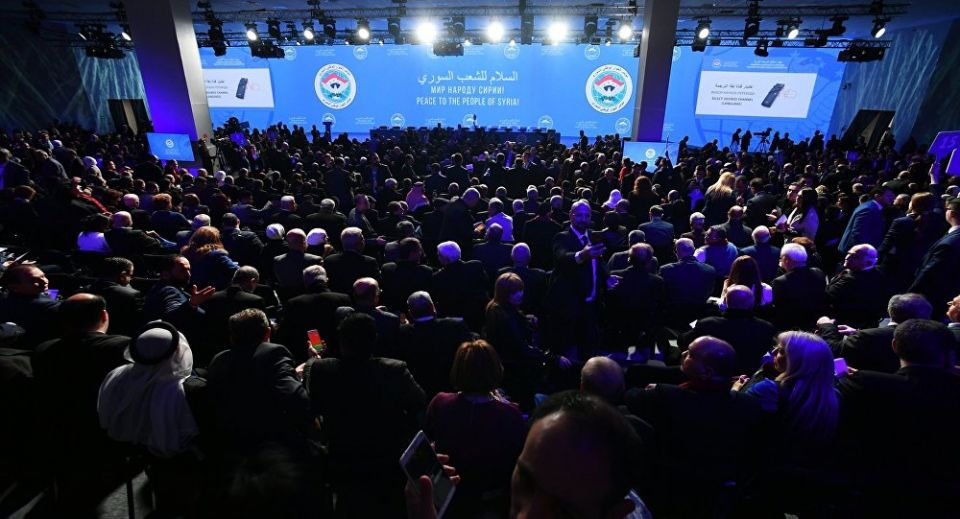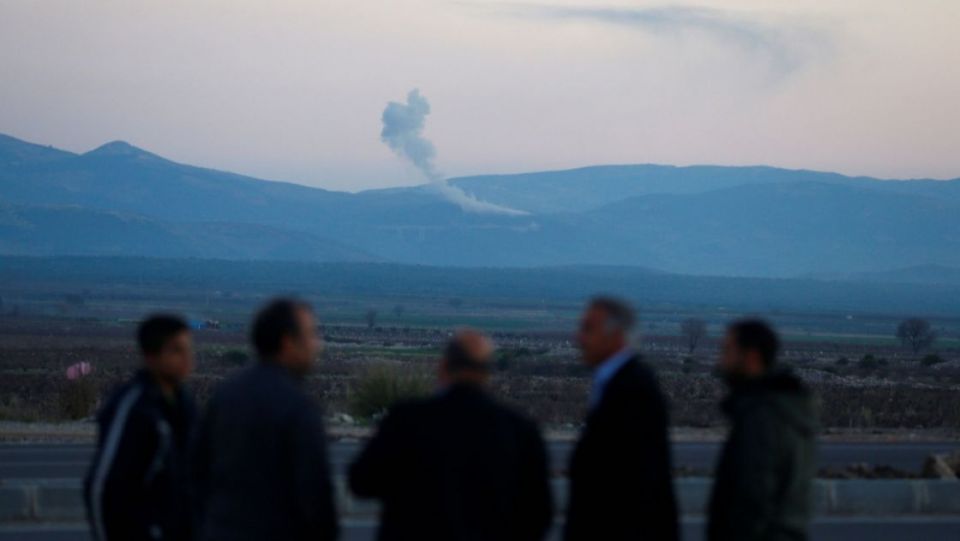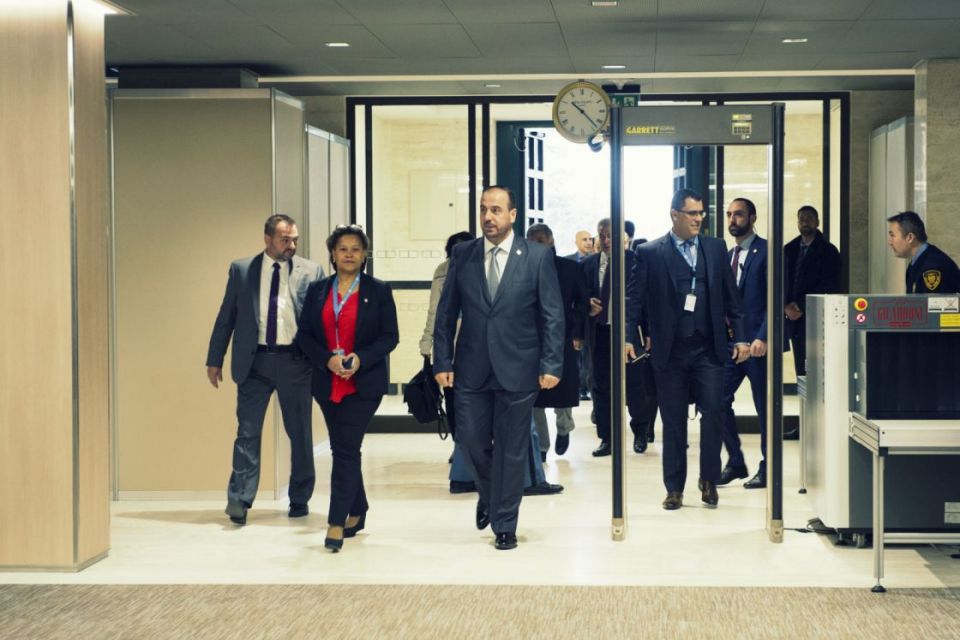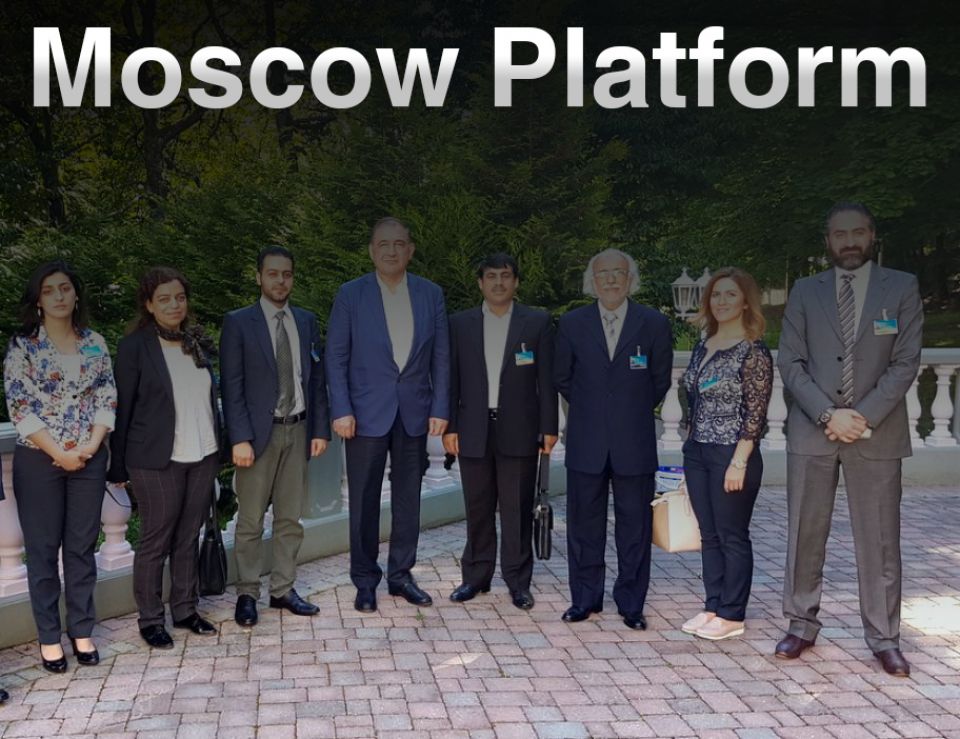
kassioun
email This email address is being protected from spambots. You need JavaScript enabled to view it.
The forces of obstruction have spared no effort, since the Geneva 1 Communiqué up to the present date, to prevent the political solution. With every step of progress in the political process, and whenever the circumstances became suitable for turning this process into concrete procedures, these forces used to resort to escalation in many forms: military, diplomatic, political and media, to abort the progress.
The new Zionist aggression and bombing of Syrian military sites is an extension of the campaign of escalation initiated by the war forces in the US administration, whether directly through the US warplanes bombing of Syrian military sites in Deir al-Zour and the propaganda campaign about chemical weapons, or through the Turkish aggression on Afrin and other areas in the northern regions of Syria, or through the field escalation carried out by the terrorist "Al-Nusra Front".
The Turkish aggression on the Afrin area continues for the third week. Media reports indicate considerable human and material losses and massive displacements of populated areas along the seam lines, adding a new chapter to the Syrian tragedy that has been going on for seven years.
The message of the Russian President Vladimir Putin to the Intra-Syrian Dialogue Conference in Sochi and the final communiqué agreed upon by all the parties concerned, came eto nd f the the uncertainty and resolve the debate on the function oconference as a supportive course for the implementation of resolution 2254 and to complement the Geneva process. In a clear response to the campaign of questioning, defamation and misinformation that preceded the conference, and tried fter it failed to prevent itto thwart it a.
In the past two days there has been a field escalation, mainly in Idlib and Afrin, and to a lesser extent in other parts of the country. But it is noticed that the magnitude of the media escalation is much greater than the actual escalation on the ground, in parallel to the preperation and helding of the UN Security Council meeting yesterday, the 5th of February 2018. In this regard, we records the following notes:
несмотря на большое количество препятствий, и провокаций, которые были поставлены на пути участия Московской платформы в сочинском процессе со стороны всех радикалов, экстремистов, сторонников жесткой линии различных политических сил включая кампании по запугиванию, Московская платформа приняла участие в конгрессе Национального диалога в Сочи 29-30 января 2018 года.
Statement by Moscow platform
The Moscow Platform participated in the National Dialogue Conference in Sochi on 29-30 January 2018, despite the large number of obstacles, obstructions, and provocations that have been put in the path of this participation by the extremists of various parties, including intimidation and terrifying campaigns.
Opponents of the political solution tried to mix the cards again in the Syrian crisis, after bombing of the situation in the north of Syria, the Turkish aggression on Afrin, and the «non-paper» of the five states group.
We are members of the Syrian Negotiating Commission of the opposition, who attended the meeting of the Commission in Vienna on 26-01-2018. We are 10 members who voted yes to the decision to go to Sochi, out of the 34 members who are the whole number of the attendance in Vienna, ie, the members of those who refused to attend in Sochi are 24. Since the ratio to pass any political decision in the Commission is 26 out of 36, that means the Commission has not made a decision not to go to Sochi, nor has it made a decision to go.
(Opinion of the Moscow platform of the Syrian opposition about Tillerson's non-paper on Syria):


